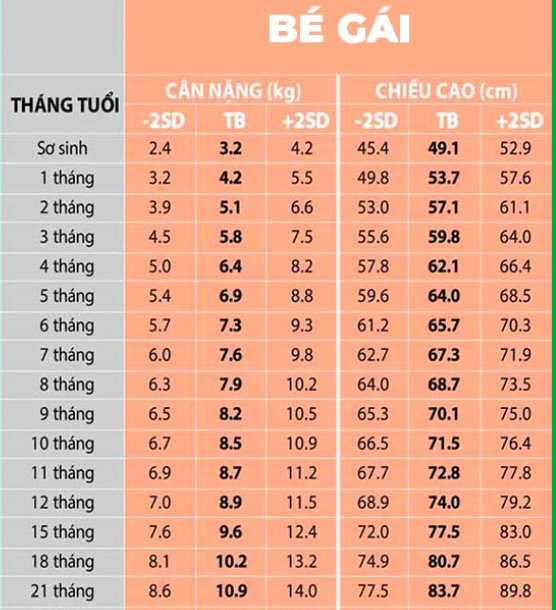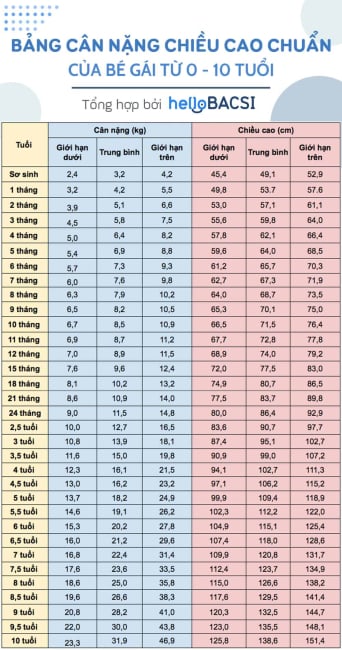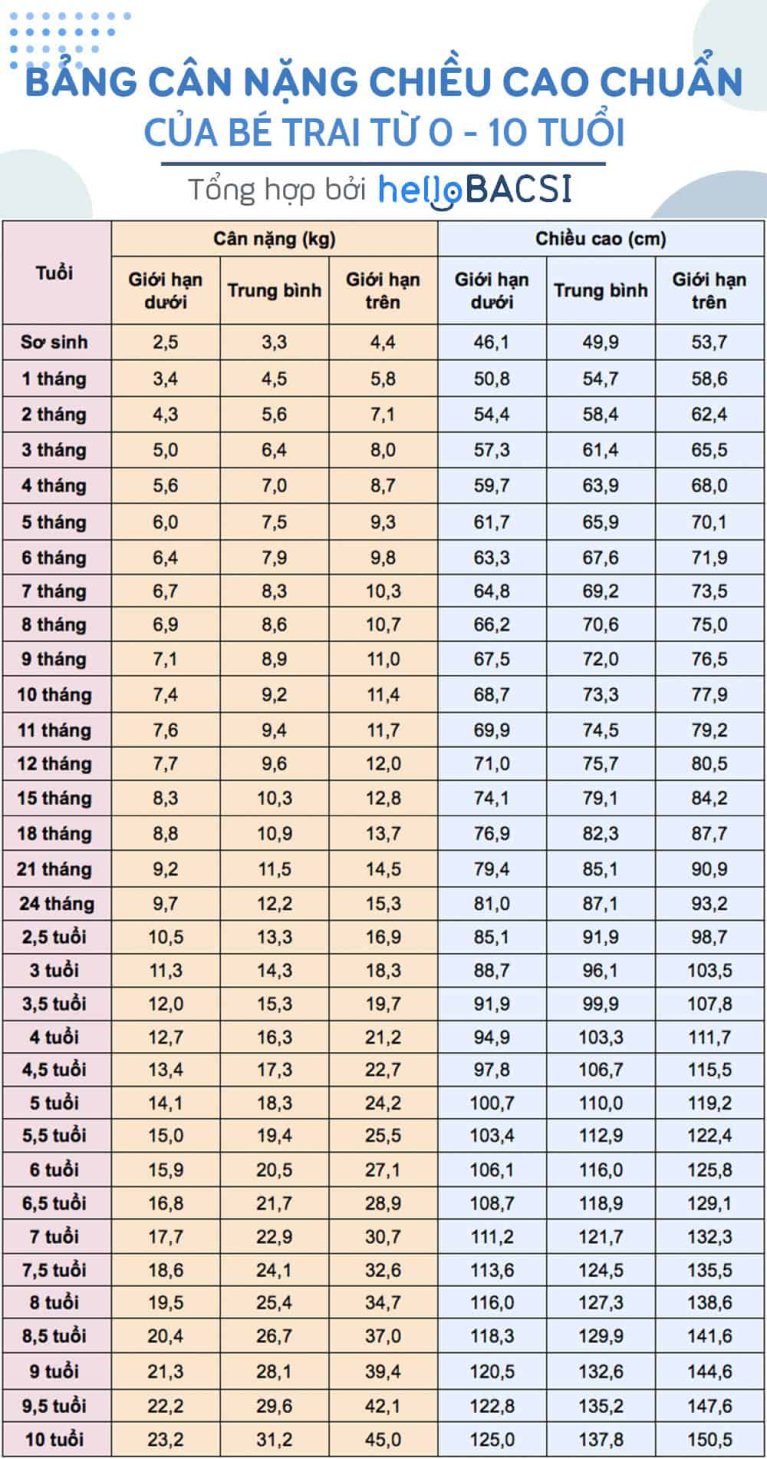[foxdark]
[Cân Nặng Của Bé Gái 2 Tháng Tuổi (kg)]

Executive Summary

This article will provide an overview of the typical weight range for a 2-month-old baby girl. We will discuss the factors that influence a baby’s weight, such as genetics, feeding method, and overall health. This information can help parents understand whether their baby is gaining weight appropriately and address any concerns they might have. We’ll also cover common questions about baby weight, such as how to track it, what to do if your baby is not gaining enough weight, and the importance of breastfeeding.

Introduction
As a new parent, it’s natural to be curious about your baby’s growth and development. One of the most common concerns is their weight. It’s essential to understand that every baby grows at their own pace, and there’s a wide range of what is considered “normal.” However, knowing the general weight range for a 2-month-old baby girl can give you peace of mind and help you identify potential issues early on.
What is the typical weight range for a 2-month-old baby girl?
The typical weight range for a 2-month-old baby girl is between 4.5 to 7 kg. However, it’s essential to remember that these are just averages, and your baby may be outside this range.
What are the factors that influence a baby’s weight?
Several factors can influence a baby’s weight, including:
- Genetics: Your baby’s weight is partly determined by their genetics. If you and your partner are both tall and have a naturally higher weight, your baby may also tend to be heavier.
- Feeding method: Breastfed babies tend to gain weight more gradually than formula-fed babies. This is because breast milk is easily digested, and babies need to feed more often.
- Overall health: Babies who are healthy and have no underlying medical conditions tend to gain weight appropriately. However, illnesses, infections, or digestive issues can affect a baby’s weight.
- Prematurity: Babies born prematurely may take longer to reach the same weight as full-term babies.
What if my baby is not gaining enough weight?
If you’re concerned about your baby’s weight, the first step is to talk to your pediatrician. They can assess your baby’s overall health and determine if there’s any cause for concern.
How often should I weigh my baby?
Your pediatrician will advise you on how often to weigh your baby. It’s typically recommended to weigh babies once a week during the first few months.
Why is it important for my baby to gain weight?
Weight gain is an important indicator of your baby’s overall health and development. Babies who are gaining weight appropriately are more likely to meet their developmental milestones and have a strong immune system.
Factors that Can Impact a Baby’s Weight
Genetics
- Family history: If you and your partner are both tall and have a naturally higher weight, your baby may also tend to be heavier.
- Ethnic background: Certain ethnicities may have a naturally higher or lower weight range than others.
- Heredity: A baby’s weight is influenced by both parents’ genes and can be a combination of both.
Feeding Method
- Breastfeeding: Breastfed babies tend to gain weight more gradually because breast milk is easily digested and babies need to feed more often.
- Formula feeding: Formula-fed babies may gain weight more quickly because formula is easier to digest and can be more filling.
- Mix feeding: Babies who are fed a combination of breast milk and formula will gain weight according to their individual feeding needs.
Overall Health
- Illnesses and Infections: Illnesses and infections can affect a baby’s appetite and ability to absorb nutrients, which can lead to weight loss or slower weight gain.
- Digestive issues: Digestive issues, such as reflux or allergies, can also affect a baby’s weight.
- Premature birth: Premature babies may have lower birth weights and may take longer to catch up in weight.
Tracking Your Baby’s Weight
- Growth charts: Your pediatrician will use growth charts to track your baby’s weight and height compared to other babies of the same age.
- Home weighing: You can use a baby scale to weigh your baby at home.
- Weight trends: It’s important to monitor your baby’s weight over time and look for any sudden changes or deviations from their expected growth pattern.
Addressing Weight Concerns
- Consult your pediatrician: If you’re concerned about your baby’s weight, talk to your pediatrician. They can assess your baby’s overall health and determine if there’s any cause for concern.
- Adjust feeding: If your baby is not gaining enough weight, your pediatrician may recommend adjusting their feeding schedule or type of milk.
- Medical interventions: In some cases, medical interventions may be needed to help your baby gain weight, such as supplementing with formula or treating underlying health conditions.
Conclusion
Understanding the typical weight range for a 2-month-old baby girl is important for parents to ensure their baby is growing healthily. While there’s a wide range of what’s considered “normal,” it’s important to be aware of factors that can influence weight gain and to monitor your baby’s weight over time. If you have any concerns about your baby’s weight, consulting your pediatrician is always the best course of action.
Tags
- Baby weight
- Baby girl weight
- 2-month-old baby weight
- Baby growth
- Infant development